
Workers at Agilent Technologies Shanghai celebrate the launch of the first batch of made-in-China Agilent 1290 Infinity LCs, liquid chromatograph instruments that help analyze components of chemicals, in September. (PHOTO/CHINA DAILY)
The report also stated the FDI surge is a testimony to China's expanding opening-up. China's attractiveness to foreign investors has roots in the country's unwavering opening-up, improving business environment and the extension of the opening-up policy to platforms like free trade zones that have taken a lead in FDI management innovations, it said.
According to Sang Baichuan, dean of the institute, China needs to further expand opening-up as the global economic and trade rules are being reconstructed, so that the country can keep up with high-standard international trade and economic rules and create facilitating institutional environment for attracting FDI. This will stabilize the manufacturing sector's growth as well as China's key role in the global manufacturing system.
"An efficient and facilitating institutional environment is indispensable for us to stabilize the development of the manufacturing sector, the FDI and the real economy, and it is also key to China cultivating new competitiveness," he said.
The growth rates of FDI in high-tech manufacturing and service sectors are higher than the overall FDI growth pace. That reflects the ongoing transformation and upgrade of the Chinese economy, he said.
Victor Chan, global vice-president of Agilent Technologies Inc, which is engaged in life sciences, diagnostics and applied chemicals, said the global company has confidence in China's high-quality development, and will continue investing in China.
Also general manager of the company's China arm, Chan said the ongoing upgrade of the manufacturing sector in China has been creating more business opportunities for companies like Agilent.
"We feel especially encouraged that China will continue to expand high-standard opening-up, including in the fields of high-tech, energy conservation and environmental protection, in which the company has deep roots," he said.
With a total investment of $20 million, the company has recently expanded several production lines for high-end analytical instruments to increase manufacturing capacity in Shanghai, including that for liquid chromatography, spectrography and mass spectroscopy.
Apart from upgrading its logistics network in China, the company has been investing in the recast of its cell analysis instrument manufacturing facility in Hangzhou, Zhejiang province, into a combined center for research and development, production and commercial operations.
Lensey Chen, president of the China branch of Novozymes A/S, a Danish provider of biological products, said the Chinese government's recent measures to stabilize and spur FDI in manufacturing have sent a positive signal to foreign investors. The company, she said, is looking forward to the positive impact these moves will have on economic activities.
In the past 20 years, the company has established an integrated supply system in China to meet demand not only from the local market but the global market, and the company is thrilled to further tap the potential that will be unleashed by China's pursuit of high-quality development, she said.
Experts have also stressed negatives like geopolitical tensions will have only a limited impact on the FDI inflows into China's manufacturing sector, especially the high-end manufacturing segment.
"Although some countries seek to exclude China from the industrial and supply chains, China's strong position in the global industrial and supply chain cooperation, which has been formed in the course of globalization, cannot be easily weakened," said Sang, dean of the Institute of International Economy of the UIBE.
Electronics, energy, chemicals, automobiles and other manufacturing fields will be key areas for foreign investors to develop in China, as the country presses ahead with its pursuit of high-quality development, he said.
Zhang from the CAITEC said the inflows and outflows of foreign capital into and out of the manufacturing industry are affected by multiple factors, including the development phase and the layout of the manufacturing industry, cost of production, industry's supporting capacity, and government policies.
"Foreign investors decide to invest in China because that will serve their interests and is win-win," she said.
Zhang said she believes sectors like automobile manufacturing, medical equipment, biomedicine, aerospace, chemicals and energy have great potential to boost FDI in China.
Sang further said China should encourage foreign investors to invest in both the coastal areas and central and western regions, especially in labor-intensive industries, in order to stabilize FDI growth.












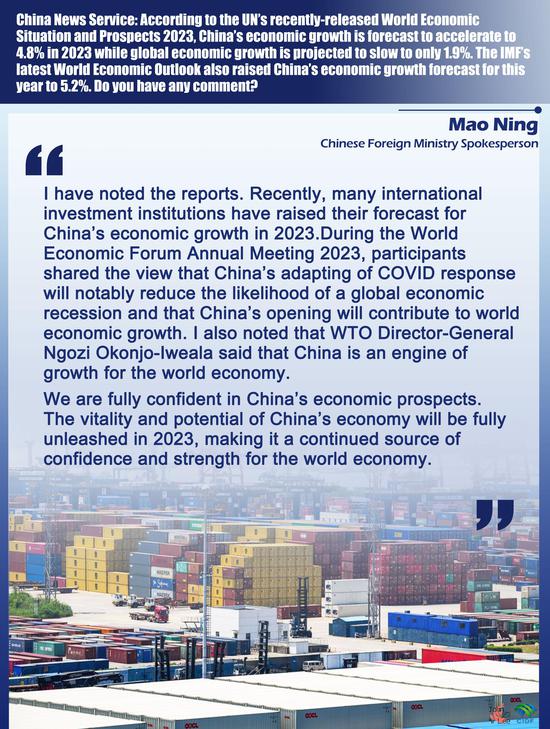
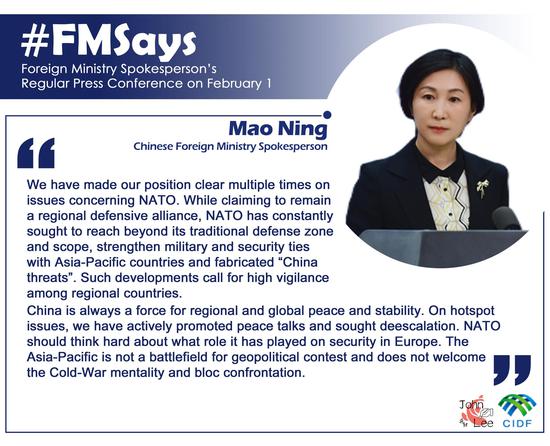




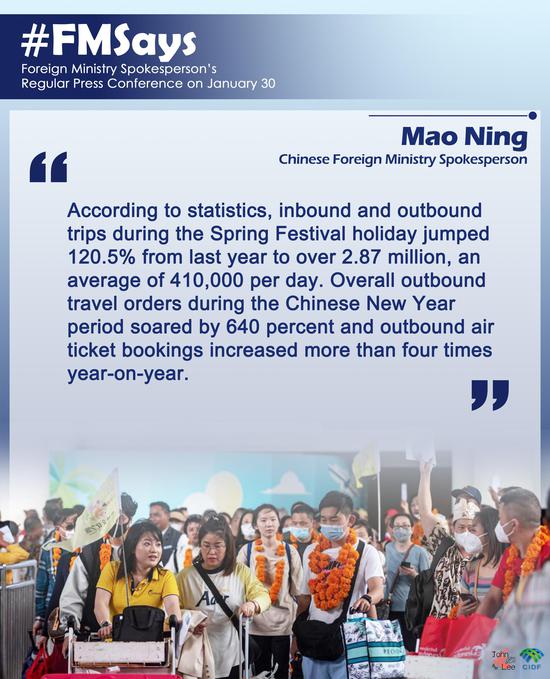




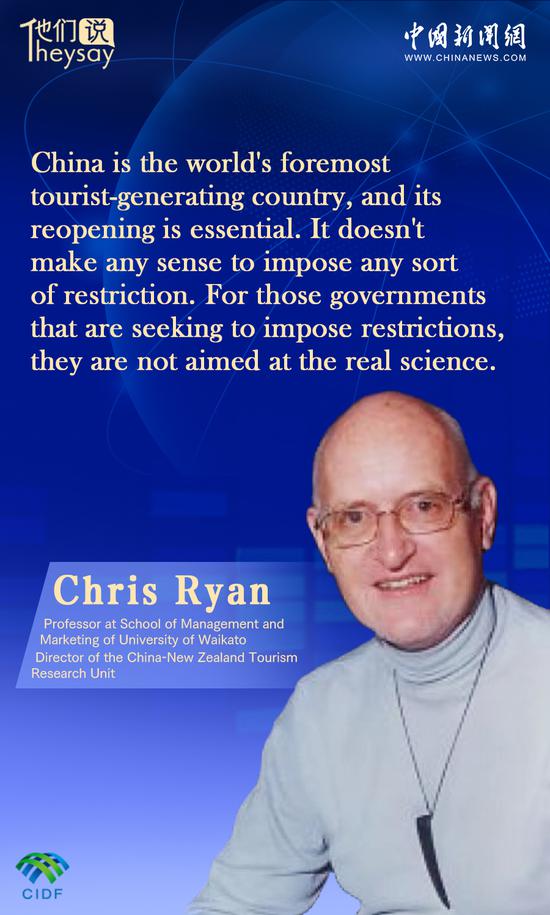

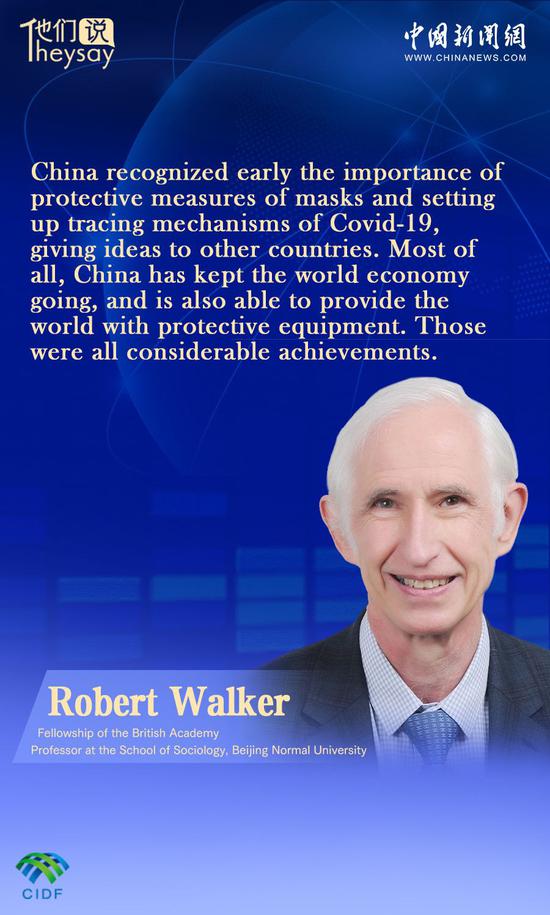
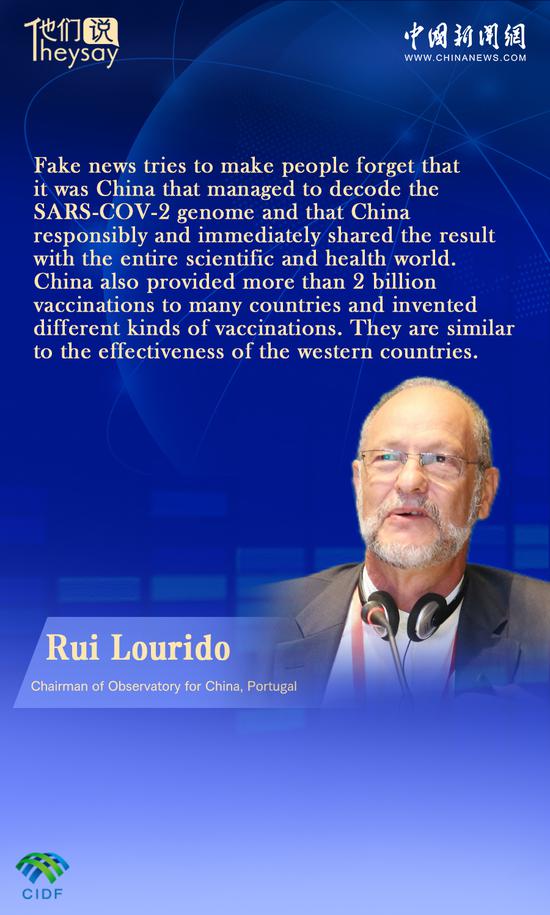

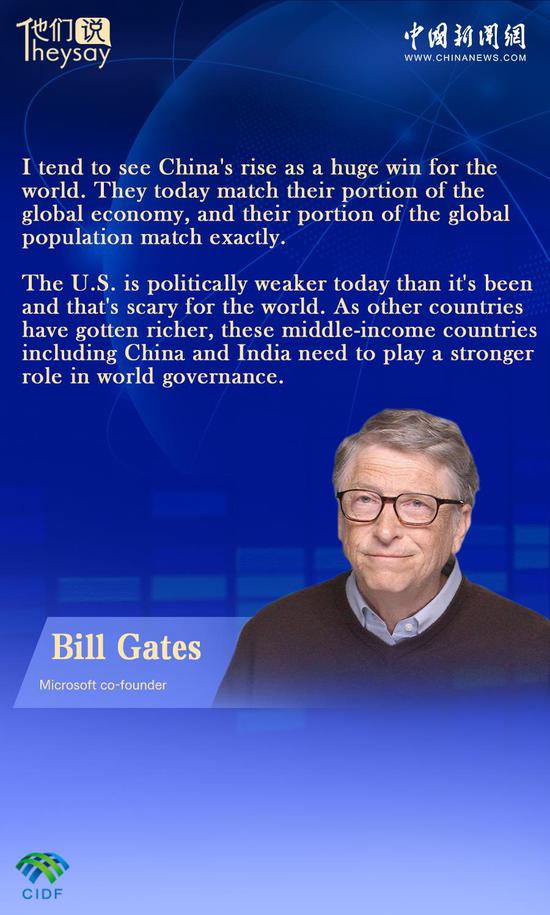


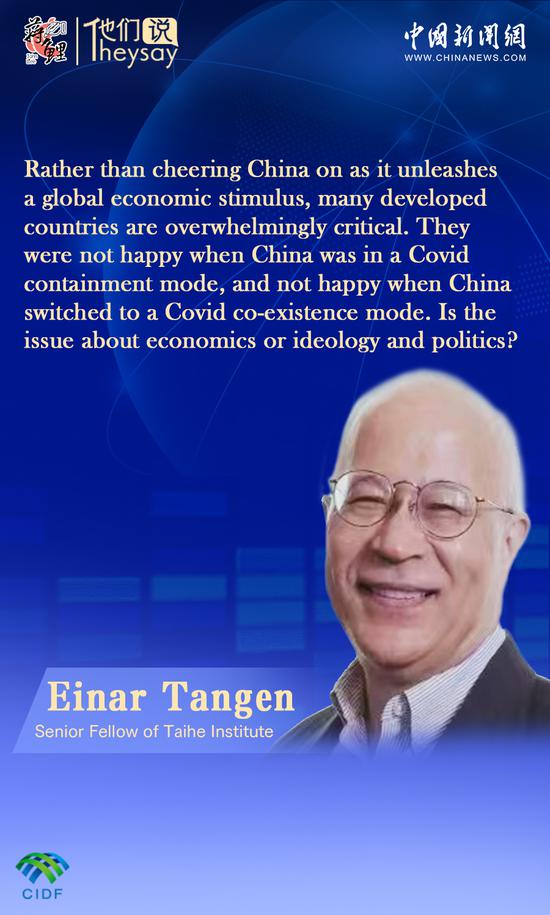
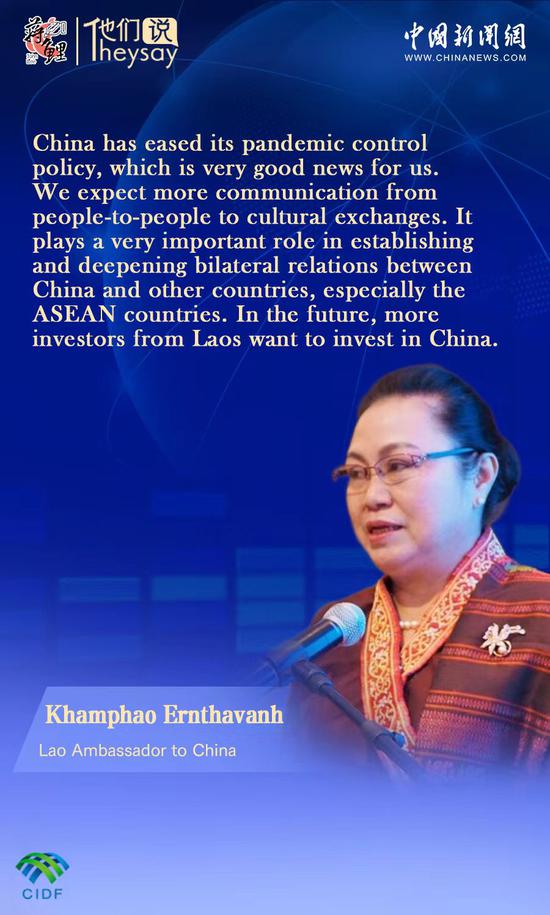

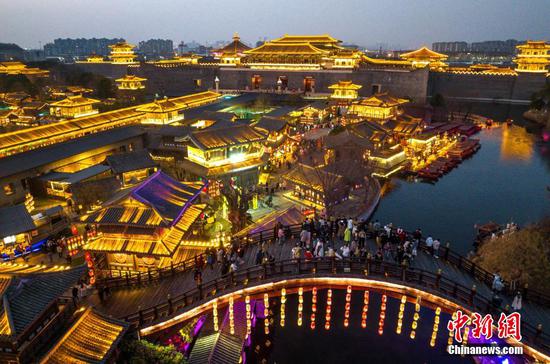

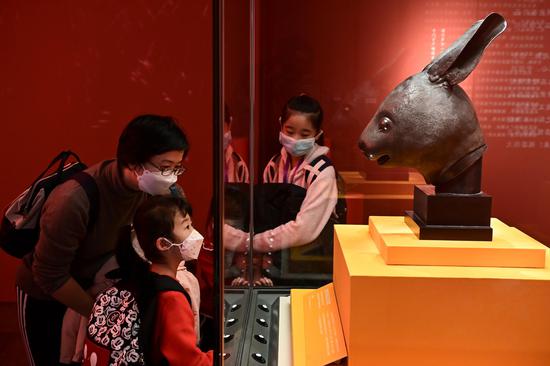

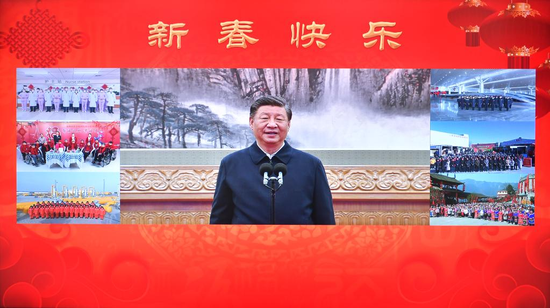











 京公网安备 11010202009201号
京公网安备 11010202009201号